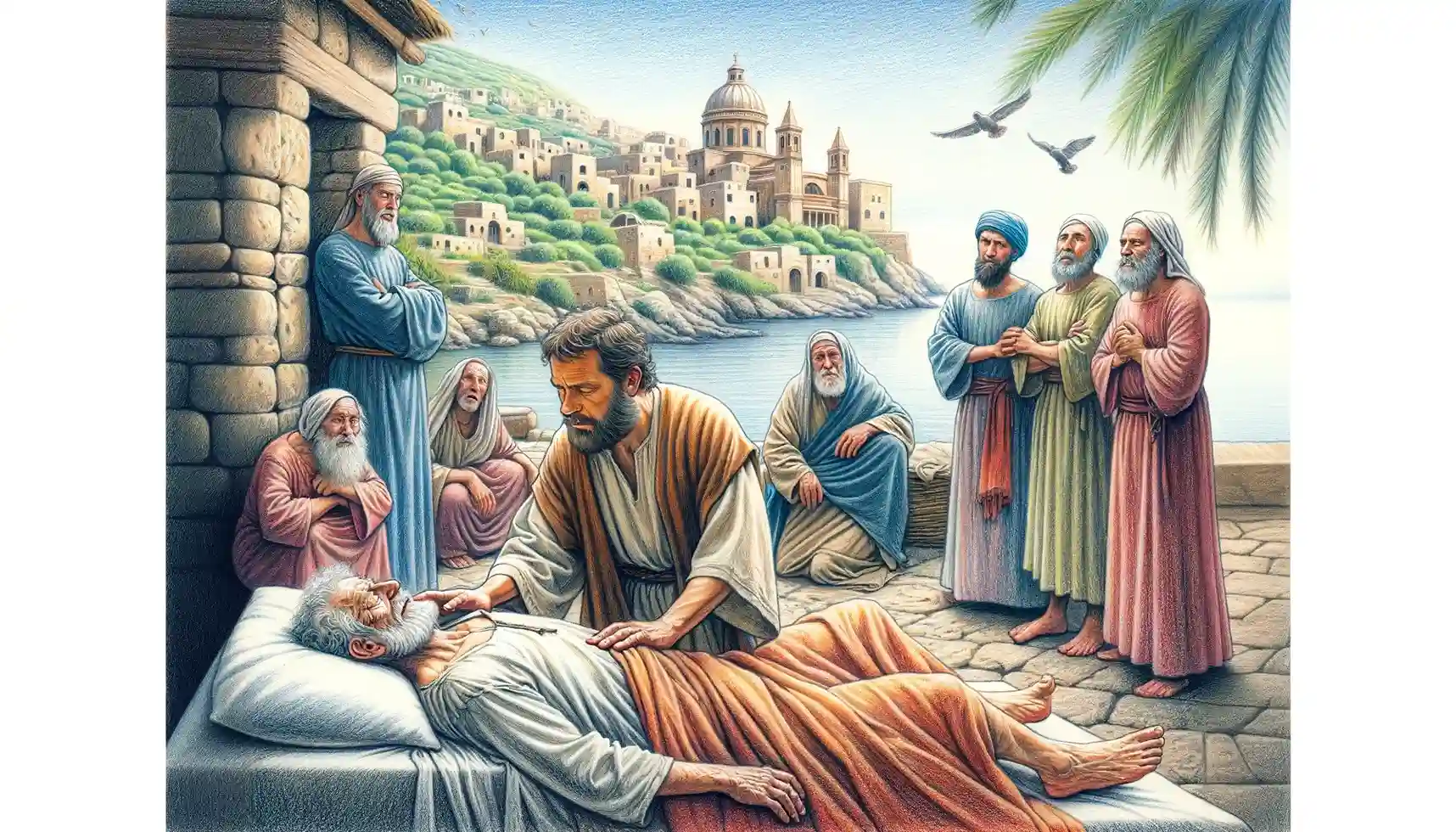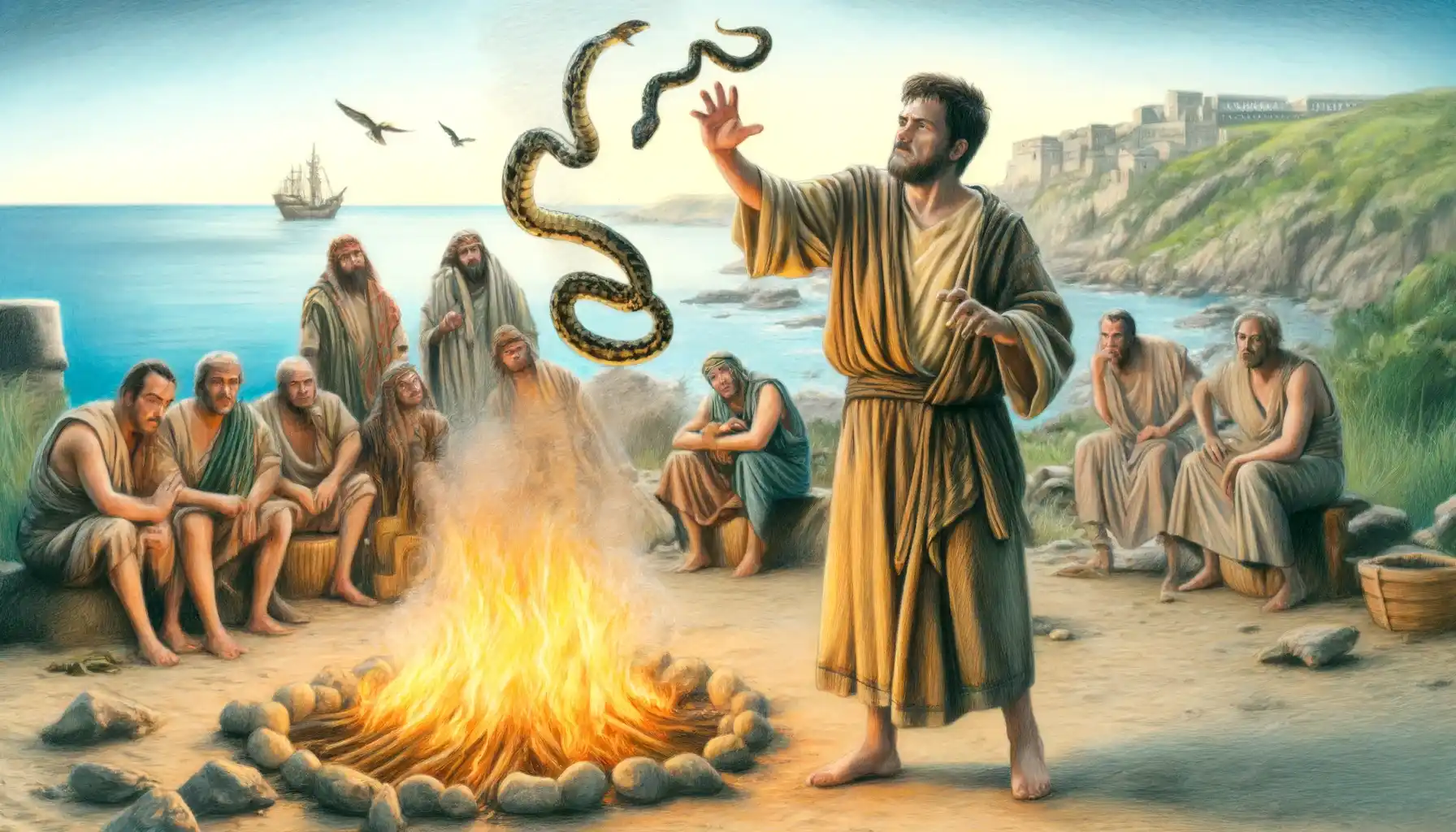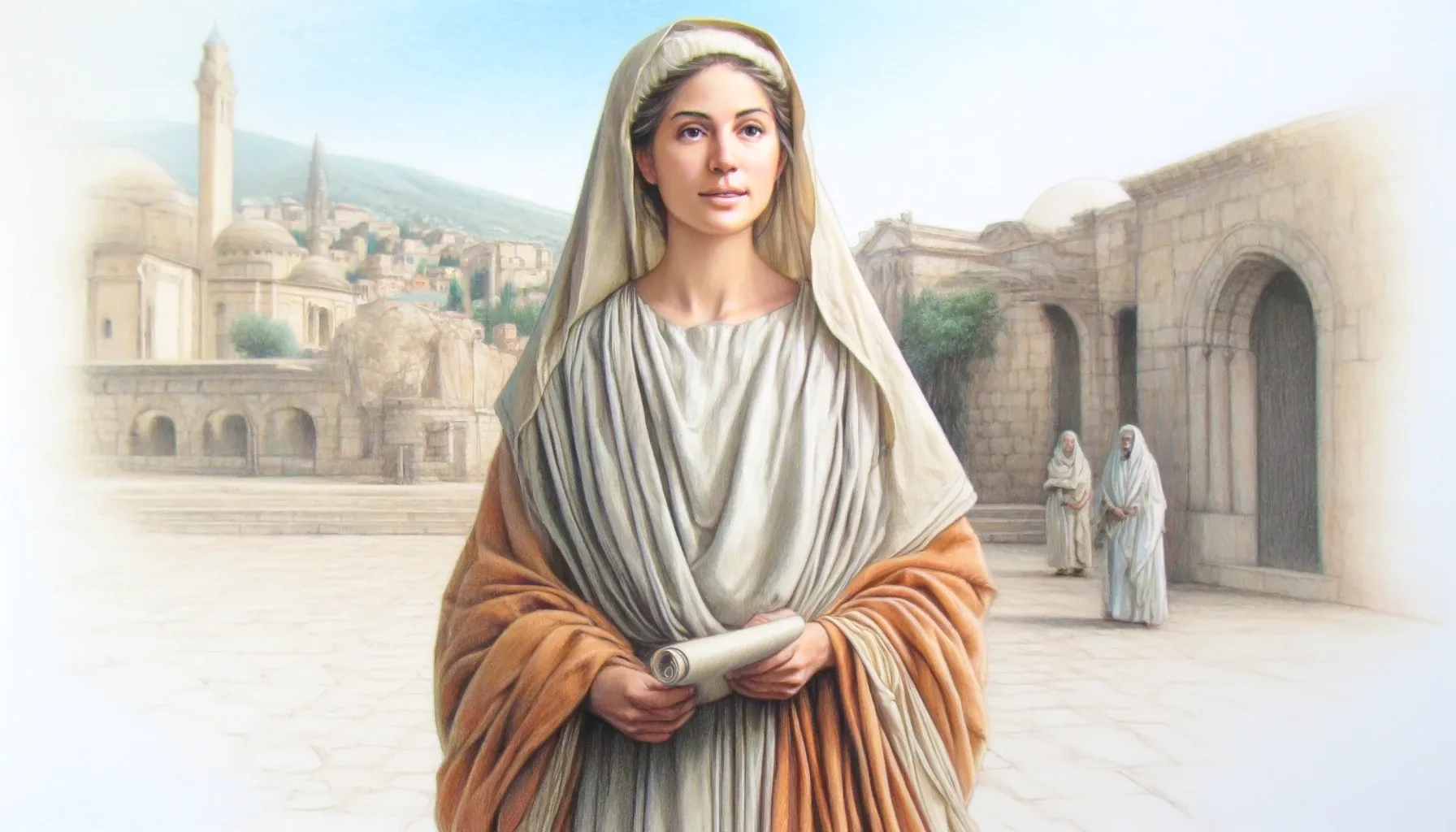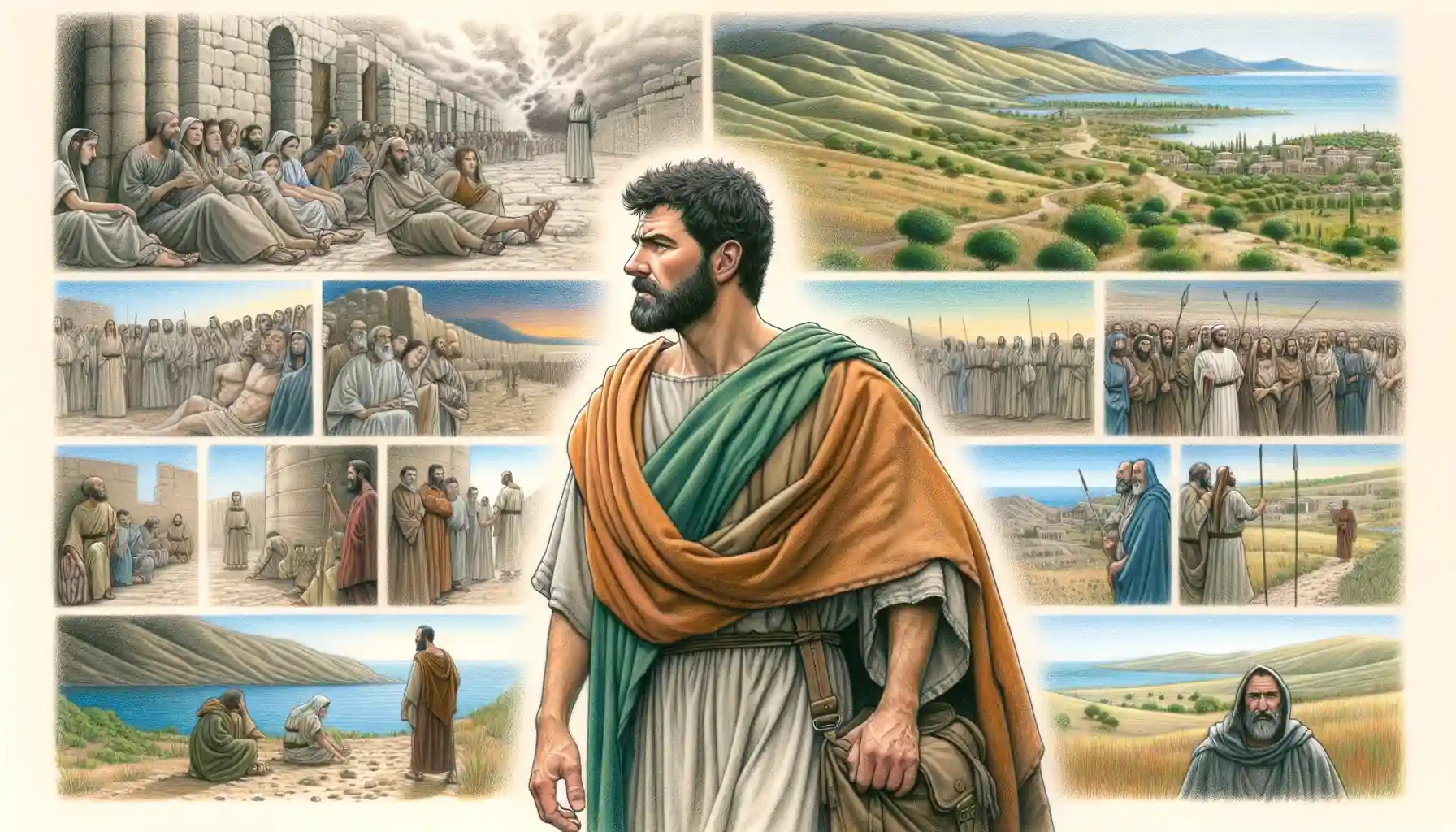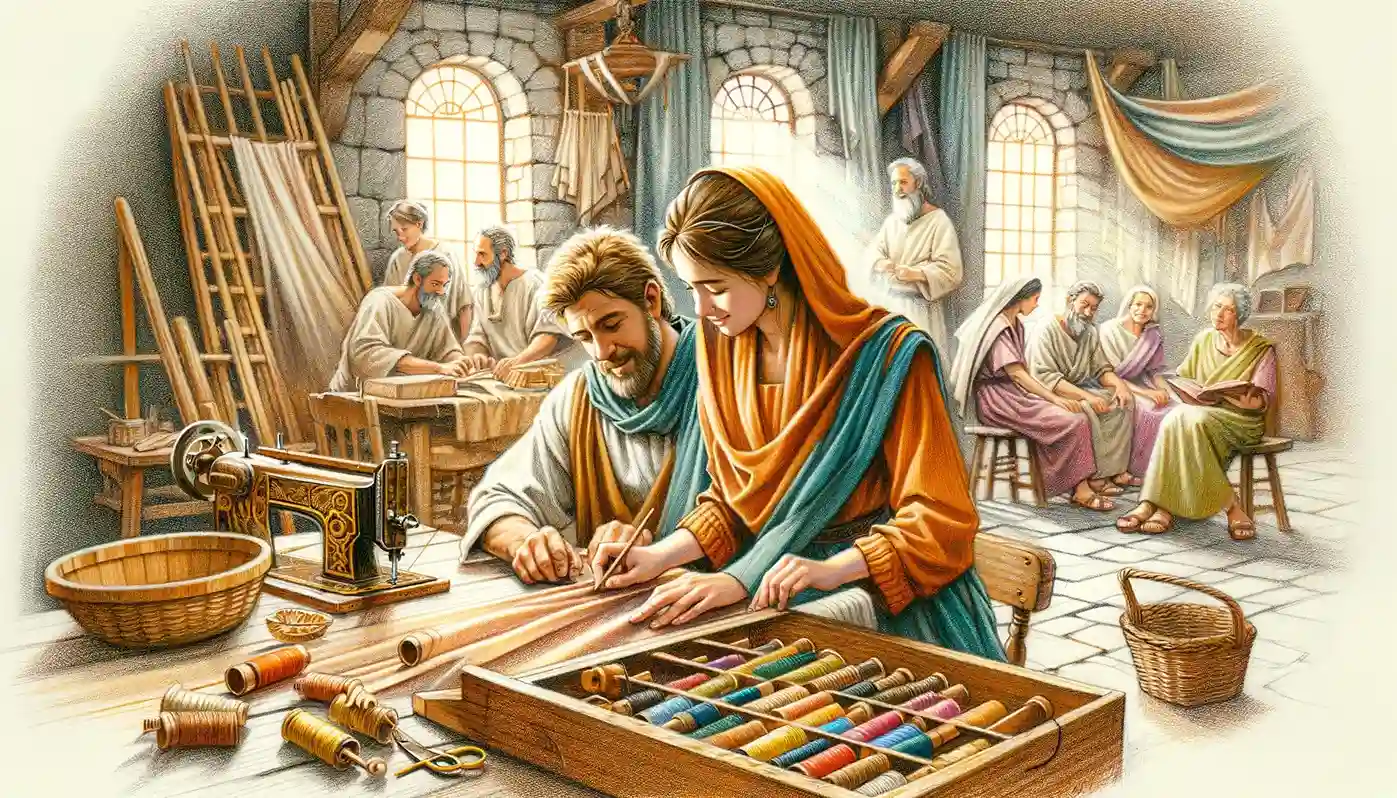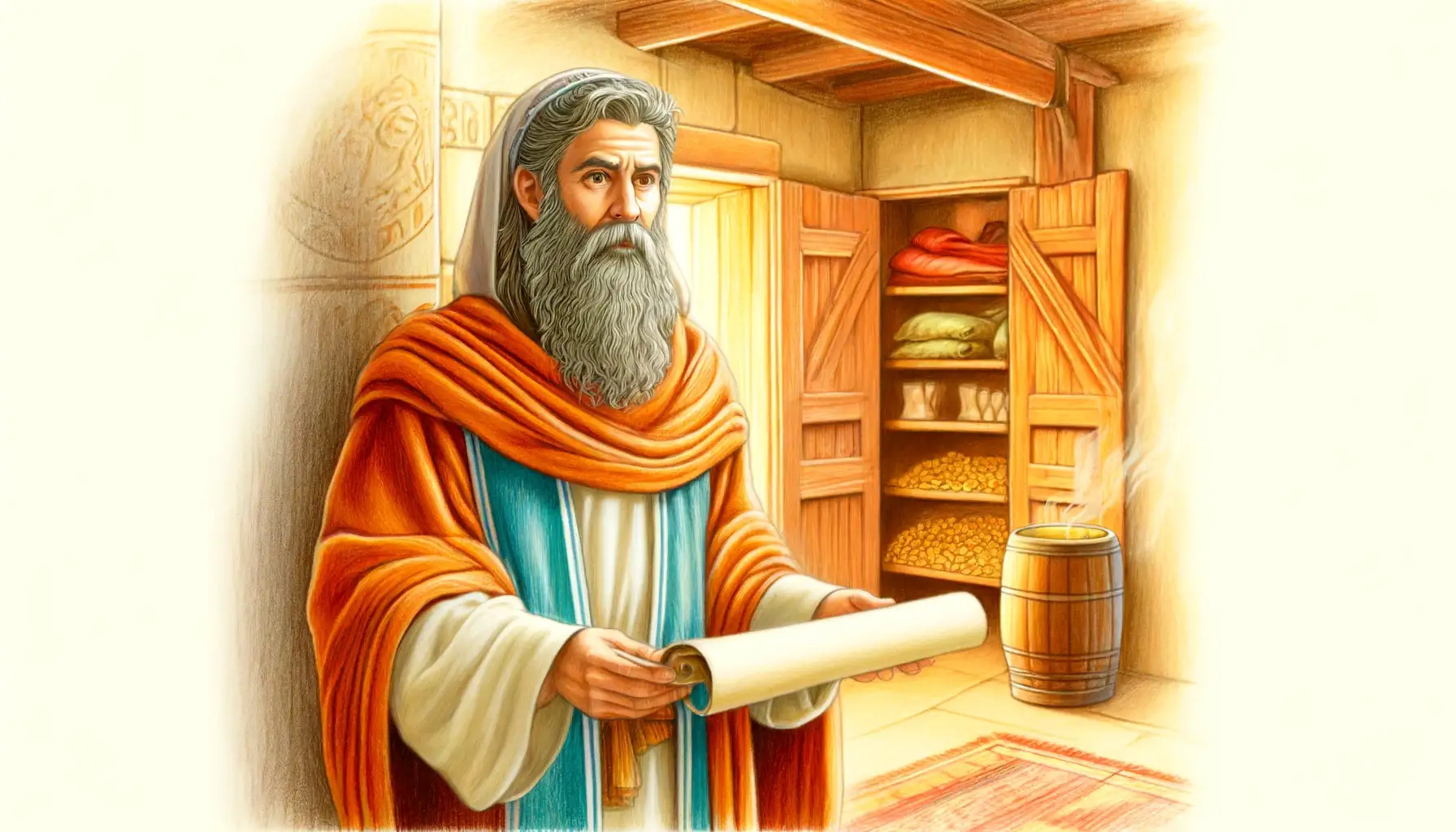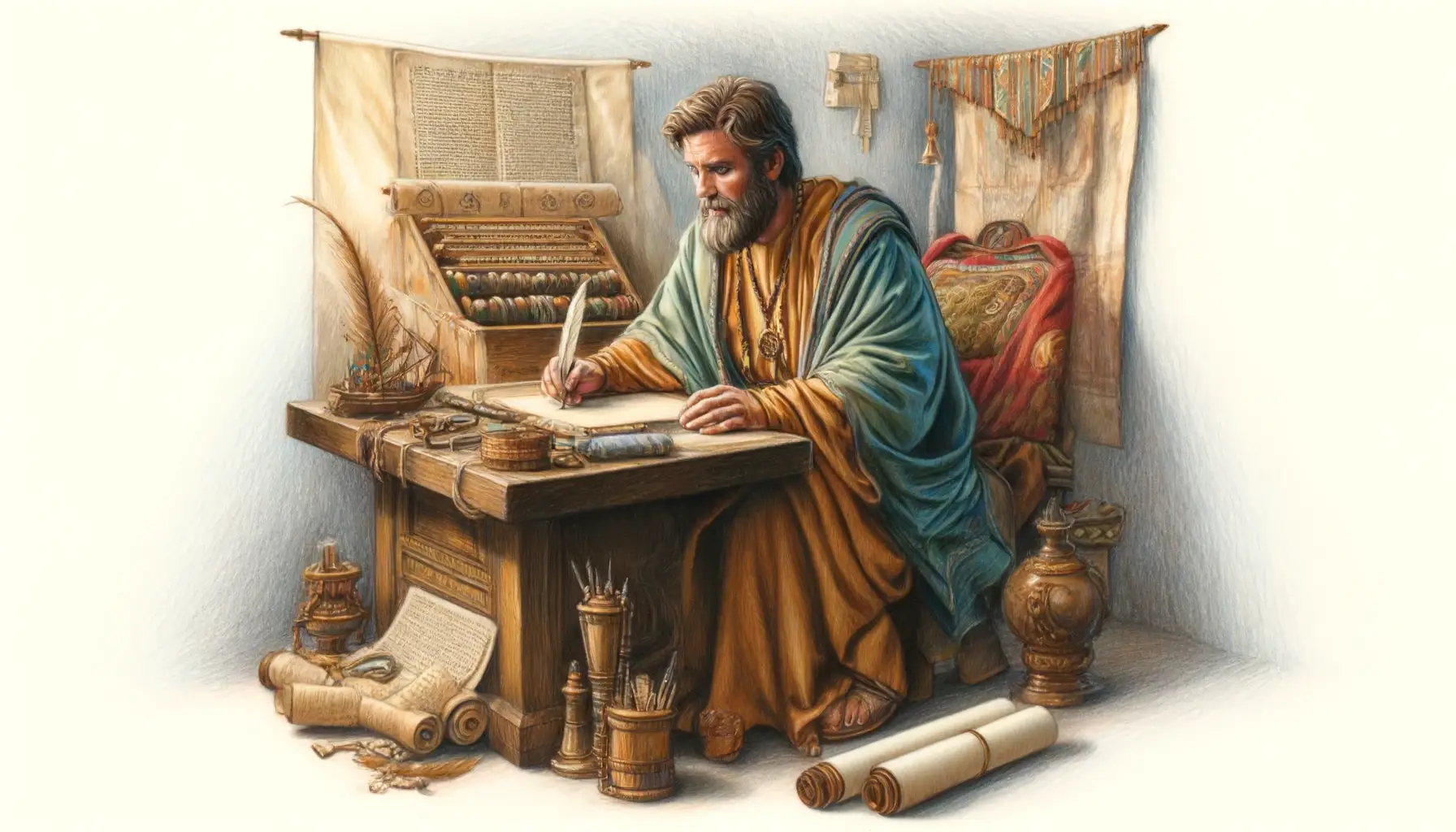In Acts 28:8-9, after surviving a shipwreck and a viper bite, Paul performs miraculous healings on the island of Malta, including curing the father of Publius, the chief official, and many other sick islanders, which leads to widespread recognition of God’s power.
The island of Malta, where the Apostle Paul was shipwrecked and performed miracles, is significant in Acts 28 for demonstrating divine intervention and the spread of early Christianity through Paul’s miraculous survival of a viper bite and subsequent healing of the island’s inhabitants.
In Acts 28:3-5, Paul is bitten by a viper while gathering firewood on the island of Malta, but he suffers no harm, leading the islanders to view him as under divine protection.
Phoebe, a deaconess of the church in Cenchreae, is commended by Paul in Romans 16:1-2 for her significant role as a benefactor and leader, highlighting the active participation of women in the early Christian community.
Titus, a key Christian leader in Crete and a trusted companion of Paul, was the recipient of an epistle that provides essential guidance on church leadership, sound doctrine, and Christian living.
Timothy, a close companion and disciple of Paul, played a crucial role in early Christian church leadership and received two epistles from Paul that provided guidance on doctrine, church organization, and personal conduct.
Silas, a key companion of Paul on his second missionary journey, played a crucial role in spreading the Gospel, enduring imprisonment and persecution, and helping establish early Christian communities in Thessalonica, Berea, and Corinth.
Priscilla and Aquila, tentmakers and early Christian converts, assisted the Apostle Paul in his missionary work, hosted house churches, instructed Apollos, and played a significant role in the early church’s growth and leadership.
Philemon, a Christian slave owner in Colossae, received a personal letter from the Apostle Paul advocating for the welfare and reconciliation of his runaway slave, Onesimus, emphasizing forgiveness, reconciliation, and Christian brotherhood.
Mark, also known as John Mark, was a companion of Paul and Barnabas and is traditionally believed to be the author of the Gospel of Mark, playing a crucial role in the early Christian movement and the spread of the Gospel.

